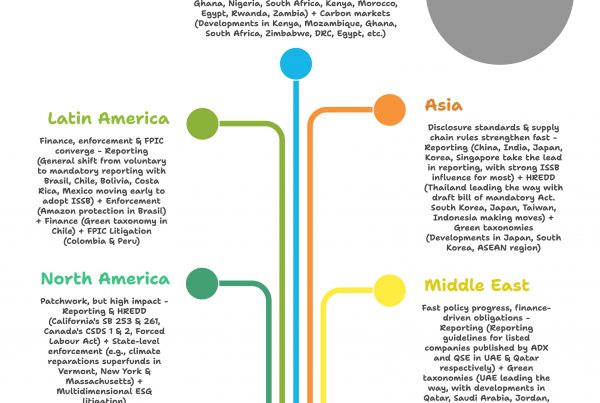
Surveys show that business leaders and board members are generally well aware of global geopolitical volatility. This is not surprising. Firms who globalised their market footprint and supply chains in the last three decades must now operate in an increasingly antagonistic geopolitical environment.
Deteriorating US-China relations top the risk list, with trade wars, sanctions and financial and geo-economic measures in key industry sectors like technology, financial services and strategic commodities. Concerns about Hong Kong, and increasingly militarised disputes over Taiwan and maritime sovereignty in the South and East China Seas drive this.
In the Middle East, new tensions drive the kind of volatility long associated with the region. The politics and fiscal arrangements of the Eurozone remain unsettled, while concern has risen in recent years about domestic politics in the US. Emerging markets elsewhere in Asia, Africa and Latin America remain characterised by political and socio-economic challenges.
Geopolitical risk has therefore become a challenge across much of the global economy. While this was apparent before 2020, Covid’s long-term macroeconomic and fiscal impacts will exacerbate this.
These factors cut across the ESG landscape too. China and Russia’s absence at COP26 shows geopolitics disrupting multilateral decarbonisation efforts, while climate change will exacerbate transnational disputes about access to resources like water or generate destabilising migration flows.
Other factors mean geopolitics increasingly underpins ESG dynamics. For instance, a recent US government report concluded that:
“Competition will grow to acquire and process minerals and resources used in key renewable energy technologies. China is in a strong position to compete; it currently controls more than half the global processing capacity for many of these minerals ……. including rare earths for wind turbines and electric vehicle motors; polysilicon for solar panels; and cobalt, lithium, manganese, and graphite for electric vehicle batteries.”
Nevertheless, geopolitics is often seen simply as a supply chain or cyber issue for companies. In fact the impacts are often wider. Balance sheets can be undermined by macroeconomic disruption and greater investment uncertainty, along with a wide range of operational, legal, reputational and other non-financial risk impacts. For firms in sensitive markets or sectors, geopolitics can have strategic implications, while geopolitical factors are often missed in wider discussions about ESG.
In this context, how can boards of international companies ensure their organisation remain resilient? Who in the organisation should have the leadership and oversight responsibilities in this area? What internal capabilities do businesses need to anticipate geopolitical risks and their impacts, including on ESG deliberations, and how should these be deployed?
Comprehensive guidance for boards that answers these questions has not existed before. We at the Risk Coalition and GRI Strategies have sought to close this gap with innovative leading practice guidance, entitled ‘The Extra G – ESG2’. It sets out how boards can make better use of their risk oversight committees and risk functions to improve oversight of geopolitical and related ESG risk, within a framework spanning accountability, risk culture, the integration of specialised analytical capabilities and expertise, and the interface with corporate strategy setting.
The guidance is also supported by examples of emerging corporate practice in this area and links to a self-assessment tool (GABI-GEO). This allows directors, management teams, heads of risk and other key stakeholders in firms to identify whether internal approaches reflect best practice and what practical actions could be taken to improve these.
Early use of this tool is beginning to yield interesting insights. Our data shows how corporates in different sectors are responding to the challenge of geopolitical volatility and integrating new approaches to the oversight, anticipation and management of the impacts of risks.
As the geopolitical environment becomes more ‘competitive’ – the euphemism used by diplomats and political analysts to describe the trajectory of the geopolitical environment over the next two decades – business is increasingly affected. This is not all downside – geopolitics can also generate commercial opportunities for agile firms. ESG2 gives boards and senior business leaders the guiderails needed to consider these issues systematically, develop resilience strategies and enhance decision-making to successfully navigate a more challenging macro environment.
More details on ESG are available at: www.riskcoalition.org.uk/geopolitical



